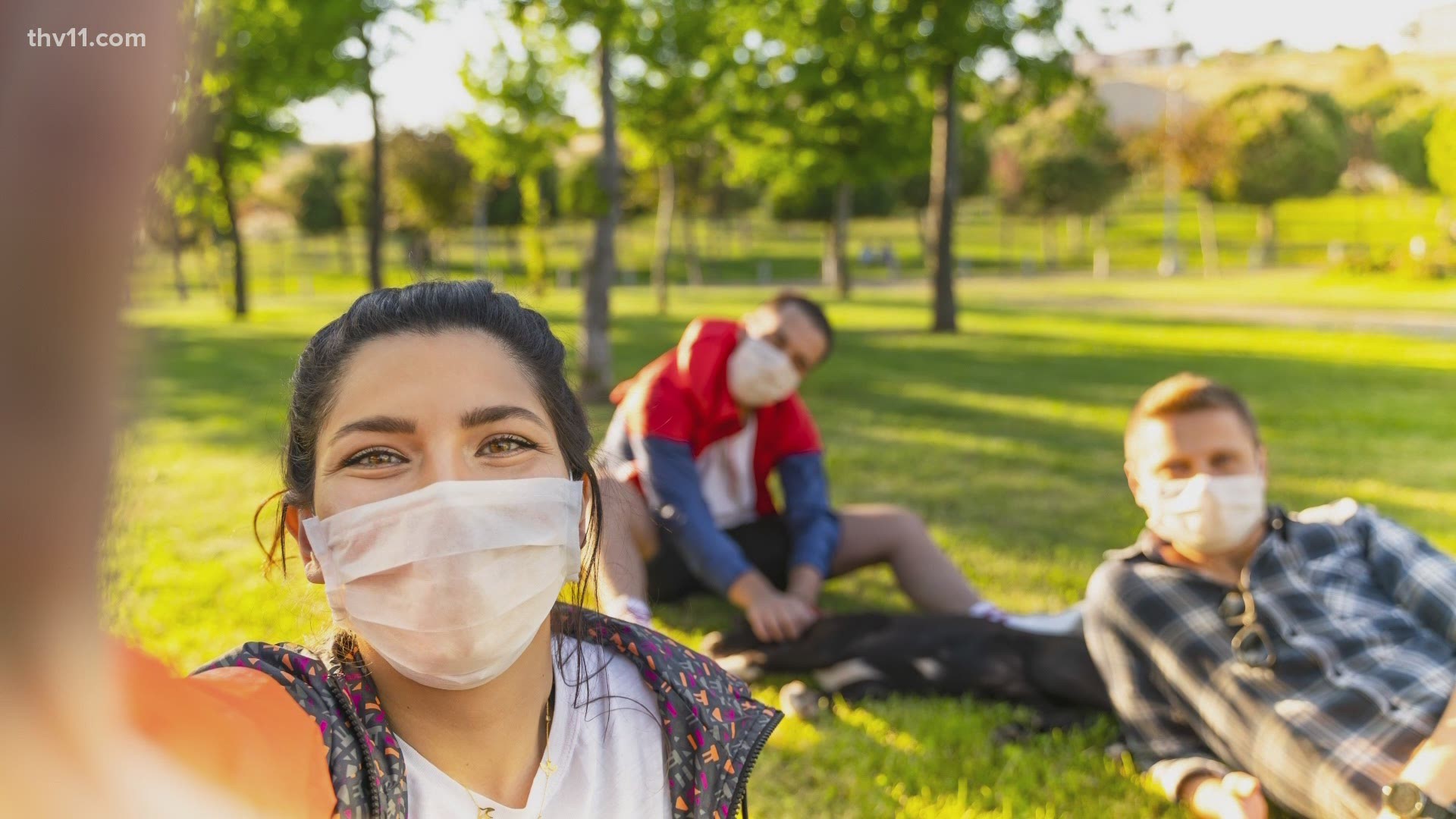LITTLE ROCK, Ark. — There's no question: the COVID-19 pandemic has taken a toll on the mental health of many people, and for some, this time of year can create additional challenges.
Seasonal Affective Disorder (SAD) is a type of depression brought on by a change in season. People typically experience symptoms during the fall and winter.
An Arkansas psychologist is offering advice on how to navigate symptoms, which could be amplified by the pandemic.
Sacha McBain, PhD is Associate Director of the Center for Trauma Prevention, Recovery and Innovation at UAMS.
"The symptoms of SAD, which is appropriately named, are similar to other signs of depression," she said.
Those include irritability, loss of interest, changes in appetite, feeling tired, and general feelings of sadness or emptiness, she said.
According to McBain, these symptoms often appear as we see less sunlight during the fall and winter months.
"There's something about our circadian rhythm -- light changing and the way that our lives are structured during the wintertime -- that increases risk," she said.
Existing mental health symptoms, which have been more prevalent during the pandemic, also increase the risk of SAD, she said.
"Right now, all of the things we do to cope have changed," McBain said. "The amount of stressors we're dealing with are exponentially growing. It's tough it's really hard right now."
So what are some ways to prevent the winter blues while also navigating a global pandemic?
Dr. McBain suggests people stay connected to friends and family through video chat, phone calls, or outdoor gatherings.
She also said getting movement in the ways you can, keeping up on sleep, and using a light-box specifically for SAD might also help you cope.
"Being kind to yourself, being gentle with yourself, kind of shifting your expectations about what you hope to accomplish during this time and really focusing and prioritizing your mental and physical health is going to help you with this long time of stress we're experiencing," McBain said.
Some people might choose to seek help from a mental health professional. In that case, there are new virtual options.
The UAMS AR-Connect service is a mental health service that offers Arkansans six free therapy sessions. Click here for more information.

